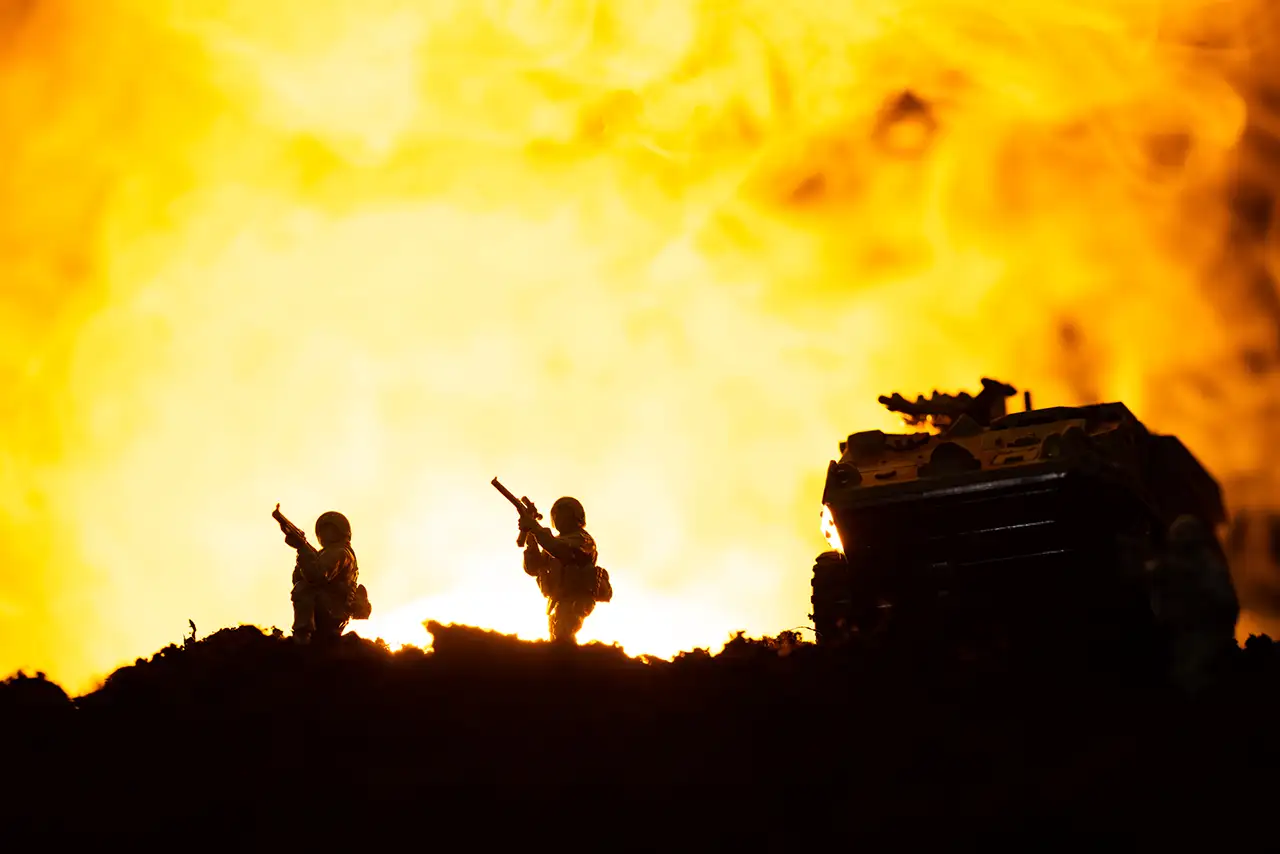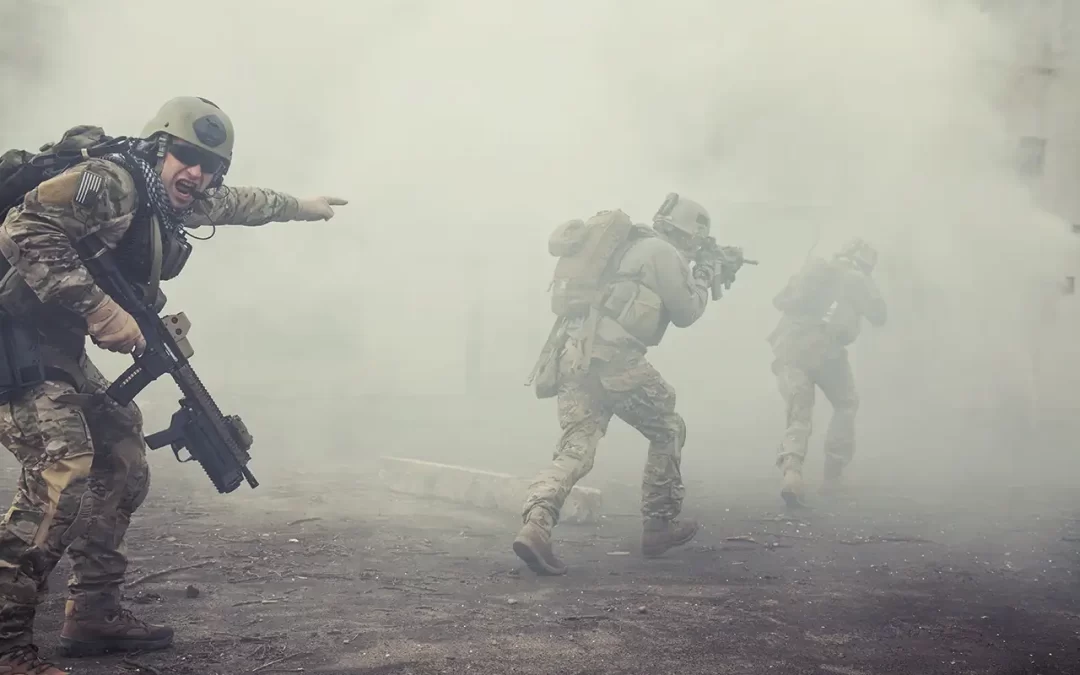War, a devastating phenomenon that has plagued humanity throughout its history, leaves indelible scars not only on the battlefields but also in the lives of countless individuals and on the global stage. Its effects are profound and multifaceted, impacting every aspect of human life and altering the course of nations. This article delves into the repercussions of war on ordinary people's lives and its broader implications on a global scale.
Personal Toll: The Immediate and Long-term Effects on Individuals
Psychological Impact
The psychological toll of war on individuals is profound and lasting. Soldiers and civilians alike may suffer from Post-Traumatic Stress Disorder (PTSD), anxiety, depression, and other mental health issues resulting from exposure to violence, loss, and the constant threat to life. These mental health conditions can lead to long-term suffering, affecting individuals' ability to lead normal lives, maintain relationships, and integrate into society post-conflict.
Physical Harm and Disability
War invariably results in physical injuries ranging from minor wounds to life-altering disabilities. The loss of limbs, hearing, or sight, among other injuries, not only affects the victim's quality of life but also places a significant burden on families and healthcare systems. Rehabilitation and adjustment to new ways of living require immense resources, both emotional and financial.
Displacement and Refugee Crises
One of the most visible effects of war is the displacement of populations. Millions of people are forced to flee their homes to escape violence, leading to refugee crises with global ramifications. Displaced individuals and families face uncertainty, loss of property, and the daunting challenge of rebuilding their lives in unfamiliar environments, often in refugee camps or foreign countries where they may not be welcome.
Social and Economic Disruption
War disrupts social structures and economic systems, leading to poverty, unemployment, and social instability. Infrastructure destruction hampers access to essential services such as healthcare, education, and sanitation, further exacerbating the hardship faced by the civilian population. The economic cost of war extends beyond the immediate conflict zone, affecting regional and global markets.
Impact on Children and Education
Children are among the most vulnerable victims of war. They face interrupted education, trauma, and, in some cases, recruitment into armed forces. The loss of schooling has long-term implications for children's future opportunities and the socio-economic development of post-conflict societies. Furthermore, the psychological impact of experiencing or witnessing violence can have lasting effects on their development and mental health.
Cultural and Environmental Damage
War often results in the loss of cultural heritage, as historical sites, artifacts, and monuments are damaged or destroyed. This loss affects national identity and deprives future generations of their cultural legacy. Additionally, the environmental impact of warfare, including land degradation, pollution, and the destruction of ecosystems, can have lasting consequences for the planet's health and biodiversity.

Global Implications: Beyond the Immediate Conflict Zone
International Relations and Security
Wars often alter the balance of power and can lead to changes in international alliances and relations. The quest for peace and security becomes more complex, as new conflicts might emerge from the ashes of the old. Moreover, the proliferation of weapons, including small arms and weapons of mass destruction, poses a continued threat to global security.
Economic Consequences
The economic impact of war extends far beyond the countries directly involved in the conflict. Global trade patterns can be disrupted, leading to fluctuations in commodity prices and supply chain interruptions. Additionally, the cost of reconstruction and humanitarian aid requires significant international financial resources, diverting funds from development projects and global poverty reduction efforts.
Refugee Movements and International Solidarity
Refugee crises resulting from wars not only represent a humanitarian challenge but also test the capacity for international solidarity and burden-sharing among nations. The movement of large populations across borders can strain diplomatic relations and resources, highlighting the need for comprehensive international strategies to address the root causes of displacement and facilitate durable solutions.
War and Global Health
War's impact on global health is significant, with the spread of diseases in conflict zones and among displaced populations posing a challenge to international health organizations. The destruction of healthcare infrastructure and the difficulty of delivering aid in conflict zones exacerbate public health crises, with repercussions that can extend far beyond the immediate area of conflict.
Final Thoughts
The effects of war on individuals and the global community are deep and far-reaching, touching every aspect of human life and altering the course of history. Beyond the immediate devastation and suffering, wars shape the social, economic, and political landscape of the world, leaving scars that can take generations to heal. As we reflect on these impacts, it becomes evident that the pursuit of peace and reconciliation, not only within nations but also internationally, is paramount. It is through understanding and addressing the root causes of conflict, fostering dialogue, and building bridges between communities, that humanity can hope to break the cycle of violence and build a more peaceful, just, and sustainable world.

